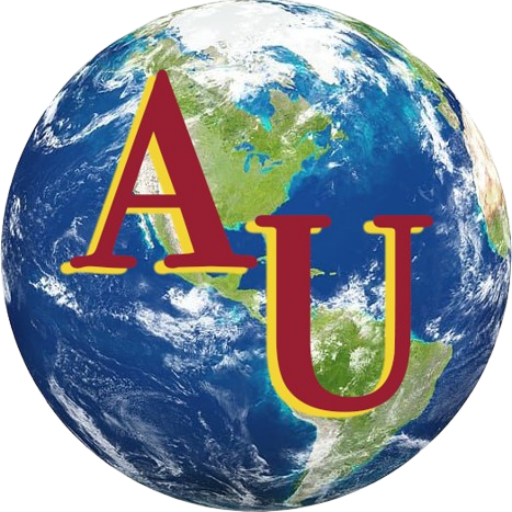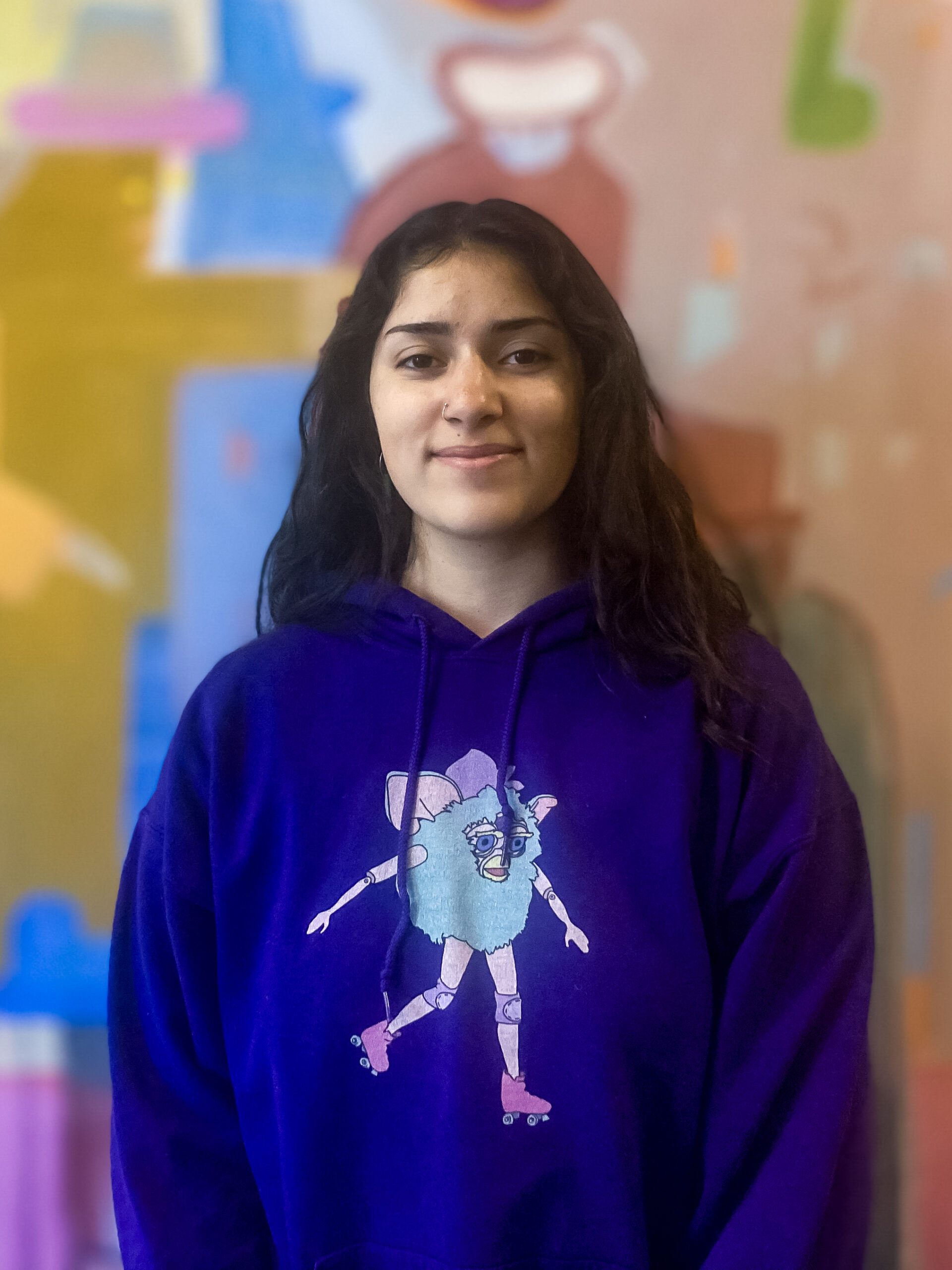Sophia Schliem-Guzman is a third-year student majoring in psychology and Chicano-Latino Studies who does advocacy work at Mujeres de Activas En Letras Y Cambio Social.
Byline: By Maya Bell (Writer)
“My mom is from Chile, she immigrated here, and then my dad is from here, from Wisconsin.
My dad went abroad to Chile, and then he moved back after, and he met my mom. And then they lived there for five years. And they were together for a while, and then they got married. And after they got married, they moved to the United States. My dad started a company, and they kind of just started their life here. Then they had my sister. And my sister is part of the reason they also stayed. Just because of her medical needs, it’s hard to get a lot of access to them in other places in the world.
I think it highly impacts the way that I eat and how I approach cultural differences amongst other people. I could still feel the judgment that comes when I bring food in for lunch. I think also the language, I speak Spanish, and Chilean Spanish is very different from the usual dialect. I feel like it kind of shaped the way that I viewed the rest of the world. I think it gives me a kind of foot in two worlds.
For me growing up, I didn’t really have a lot of community. Where I’m from, it’s very clicky, where they’re like, ‘You’re not one of us’ kind of thing. I didn’t really have a Latin community until I got to college.
I took a Chicano Studies class my freshman year because I might as well learn about Latin Americans in the United States. I kind of devolved into Chicano Studies and had a minor in it.
Then I took Indigenous Health and Wellness. It was a very small class, and there were like 15 of us in there. From there, I met a lot of my friends who are now part of the student group Mujeres Activas En Letras Y Cambio Social.
It’s a lot of the same people, it’s a small department, I see a lot of those people. And then I joined MALCS last semester. I was part of it for a while, and now I’m one of the vice presidents. So I really, I think that that’s where I found the most community.
It matters to me. I think especially now, politically, there’s a lot to be done and a lot to work on. And there’s a lot for people to learn about themselves and their rights. And so I think that it makes me proud to have a position where I can kind of affect that kind of change.”
This interview has been edited for length and clarity
Interview by Maya Bell

